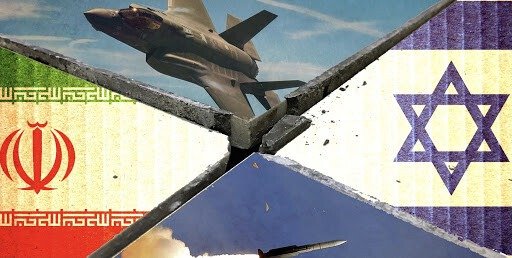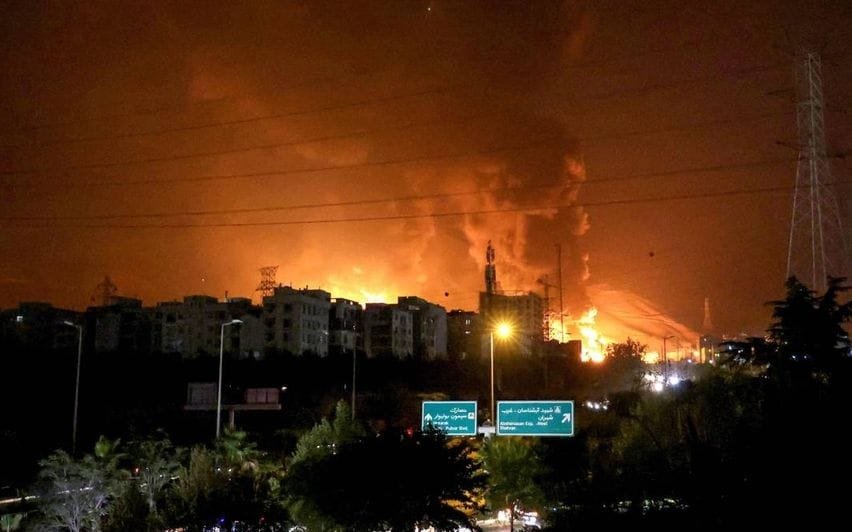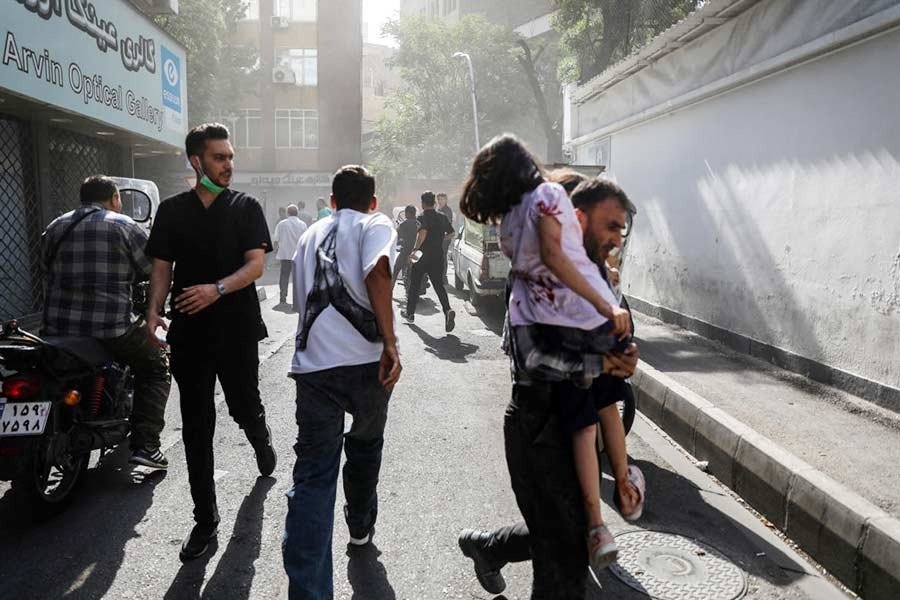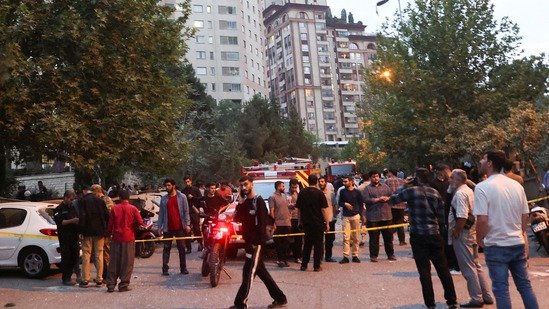As tensions between Iran and Israel spiral into a full-blown regional crisis, thousands of Indian students stranded in Iranian cities are crying out for urgent evacuation. What began as routine academic pursuits has turned into a harrowing experience marked by air-raid sirens, sleepless nights, and fear for survival.

A Generation Interrupted by War
An estimated 2,000 to 5,000 Indian students are currently pursuing studies in cities such as Tehran, Shiraz, and Qom. Many of them, especially from Jammu & Kashmir, had enrolled in courses like medicine, engineering, and theology. But in recent days, their textbooks have been replaced by emergency alerts, and their classrooms by bomb shelters.
“We haven’t slept in three nights,” said one student currently sheltering in Qom. “Sirens keep blaring, and all we can do is pray and keep checking our phones for any updates. We don’t know how long we can stay like this.”
This anxiety has echoed back home, where families are on edge. In Kashmir, many parents have gathered in protest, pleading with authorities to bring their children back before it’s too late. Some have spoken of the heartbreak of hearing their children cry over phone calls, helpless and afraid.

Tensions Hit Home: Attack Near Dormitory Injures Two
The danger became even more real when an attack struck near the boys’ dormitory for international students at Tehran University of Medical Sciences. Two Indian students from Kashmir were injured in the incident. Fortunately, both are stable and have been relocated by university authorities to Ramsar — a relatively safer city — for their protection.
The Indian Embassy in Tehran is closely monitoring the security situation and has been in regular touch with Indian students in Iran. In several cases, students are being shifted to safer zones within the country with the help of embassy officials. The Ministry of External Affairs stated that other feasible options, including evacuation, are also under active consideration.

This latest escalation comes just hours after Jammu and Kashmir Chief Minister Omar Abdullah held a conversation with External Affairs Minister S. Jaishankar regarding the safety of students from the Union Territory.
More than 1,500 of the stranded Indian students are believed to be from Jammu and Kashmir, and the majority are enrolled in MBBS and other professional courses in institutions across Iran.
Government Responds: Monitoring, Relocating, and Evaluating Options
India’s Ministry of External Affairs has confirmed that it is closely monitoring the situation and has begun shifting students to safer areas within Iran. It added that “other options” are also being considered — an indirect reference to possible evacuation efforts.
Embassy teams are in touch with Indian nationals, offering support and advising students on safety protocols. However, families and students alike are urging quicker action. For them, time is not a luxury — with missiles flying and tensions escalating, every hour counts.
India has previously carried out large-scale evacuations in crisis-hit zones including Ukraine and Sudan. Students and parents are hoping for a similar, timely operation to bring them back safely.

A Wider Concern: Security and Strategy
While the humanitarian issue is front and center, the stakes for India go even deeper. With nearly 18,000 Indians in Israel and thousands more in Iran, the broader conflict could endanger a significant portion of the diaspora.
The region is also vital for India’s energy needs. Around 80% of India’s crude oil imports come from the Middle East. Any disruption — especially in shipping lanes like the Strait of Hormuz — could lead to global price spikes, directly impacting the Indian economy.
India also holds strategic partnerships with both nations. It has invested in infrastructure projects like the Chabahar Port in Iran while maintaining strong defense and technology ties with Israel. A prolonged conflict may strain these delicate relationships.

A Call Beyond Borders
Beyond geopolitics and energy calculations lies a simple truth — the safety of Indian lives. The voice of students huddled in hostels, and the tears of parents waiting by their phones, highlight the human cost of international conflict.
“We just want to survive,” one student said. “Please don’t wait. Help us get home.”

